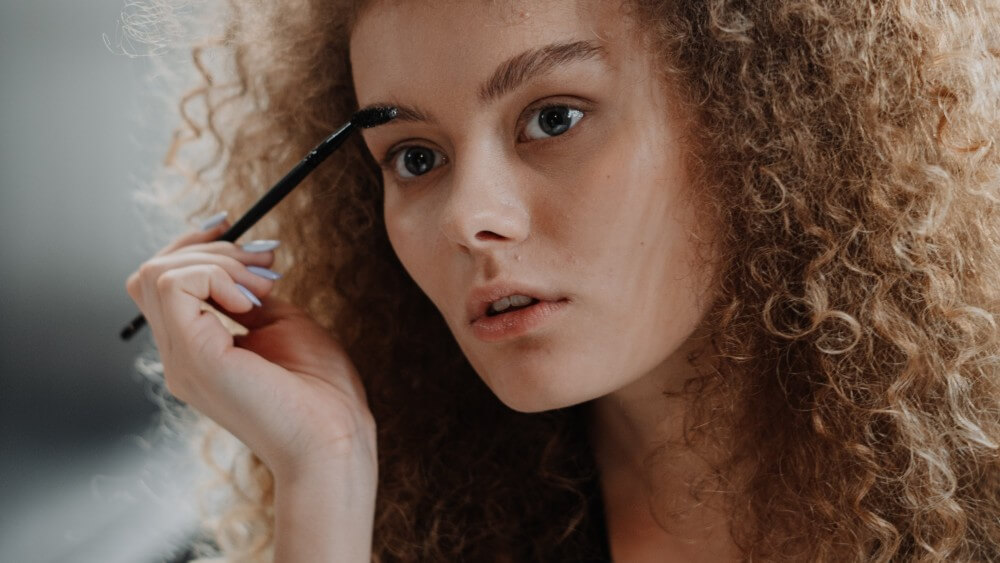When it comes to cruelty-free and vegan beauty and skincare brands, there’s a number of options out there. Vegan makeup alone has had a surge in popularity lately. But when shopping for a kinder skincare option, how do you know what ingredients to look for? How can you tell if it’s truly vegan, or just cruelty-free—and what’s the difference?
We are here to answer your questions and provide a resource for everyone looking for vegan and cruelty-free makeup, skincare products, and beauty brands.
https://youtu.be/xsk7aUi1em4
What is Cruelty-Free Beauty?
Cruelty-free beauty is generally understood to mean that the products have not been tested on animals. To qualify as cruelty-free, brands must meet the following:
- Their products cannot be tested on animals at any point during the manufacturing process.
- Their finished products cannot be tested on animals.
- They cannot conduct business—buying products, sourcing ingredients—with third-party companies that test products on animals.
Read the fine print: According to Leaping Bunny, an organization that certifies cruelty-free products, many beauty and skin care companies will claim to be cruelty-free only when they don’t test their finished product on animals. Why are they able to get away with this? The Food and Drug Administration states there are no legal definitions for the terms “cruelty-free” and “not tested on animals.”
So, we have a long way to go until federal regulations mandate transparency at every step in the process. In the meantime, only products with Leaping Bunny certification meet the group’s standards to truly qualify as cruelty-free.
Hundreds of brands have the Leaping Bunny certification, including the skincare brands Drunk Elephant, Indie Lee, and Dermalogica; makeup brands like ILIA Beauty and Milani Cosmetics; and haircare brands like Kavella and R+Co. And many celebrity beauty brands are cruelty-free, vegan—or both.

What Does Vegan Beauty Mean?
Vegan beauty and skincare products do not use any ingredients derived from animals or any ingredients derived from animal byproducts.
That may sound simple enough. However, since the FDA also doesn’t have a legal definition for what constitutes vegan beauty, it means that some labeling can be inaccurate.
https://youtu.be/nTviEPIiPZw
Ingredients to look out for that are not vegan:
- Animal hair, used in makeup brushes and false eyelashes—even some marked as “cruelty-free” – and taken from fox, sable, horse, goat, mink and squirrel.
- Beeswax (also honey and propolis), all derived from bees and common in skincare products from shampoo to lip balm. Cera Alba is another name for beeswax.
- Casein (sometimes called sodium caseinate or caseinate), derived from cow’s milk and used in hair conditioners.
- Carmine, made from a bug called a cochineal (it sort of looks like a beetle), is used as a dye.
- Collagen, a fibrous protein derived from animal tissue, bone, skin, or ligaments – often from cows. Some brands use it as a plumper in skin care and lip products.
- Elastin, a protein extracted from the muscles, ligaments and aortas of animals and used in “anti-aging” skin care products.
- Glycerine, a byproduct of animal fats, often used in soaps.
- Guanine, the scales of a dead fish, used to make products sparkle.
- Keratin, which comes from the hair and horns of animals, is often in strengthening nail and hair products.
- Lanolin, which is an emollient derived from sheep’s wool, is regularly found in lip products and hair care.
- Oleic acid (also called oleyl stearate, oleyl oleate or tallow), an animal fat used as an emollient.
- Shellac, obtained from lac bugs and used in nail lacquer.
- Squalene, a chemical extracted from the liver of a shark, and used in deodorants, lip balms, and moisturizers.
- Stearic Acid, derived from the stomach lining of a pig (and sometimes cows and sheep), and used in deodorant, soaps, hair products and moisturizers.
If you want to wear makeup that is cruelty-free and vegan, PETA has compiled a list of makeup brands that make the cut. There are some popular brands on the list, including drugstore staple wet ‘n wild, as well as Urban Decay and Too Faced.
Additionally, makeup brands, like KVD Vegan Beauty, will spell out exactly what their claims mean on their website.

Sustainability Matters Too
Every year, beauty brands produce roughly 77 billion units of plastic, 70 percent of which ends up in the landfill. But if you choose zero- or low-waste products, little to nothing of what you buy ends up in the landfill. Everything is recycled, reusable, or compostable.
Some makeup and skincare brands are taking their cruelty-free promise a step further by creating products that are sustainable. LUSH, for example, sells a lot of vegan and cruelty-free products but also sells a lot of their bath bombs and shampoo bars without plastic packaging. Vegan beauty brands like ILIA Beauty, Dab Herb Makeup, and River Organics are also zero-waste.
If you’re shopping for sunscreen, you can choose products with reef-friendly or reef-safe labels. This means that it does not contain certain chemicals that are known to damage sea creatures. As Consumer Reports explains, the labeling is not perfect because the FDA does not have an official definition of “reef safe.” But it’s certainly a step in the right direction that some skincare brands are being more conscientious about how chemicals may impact aquatic life.


